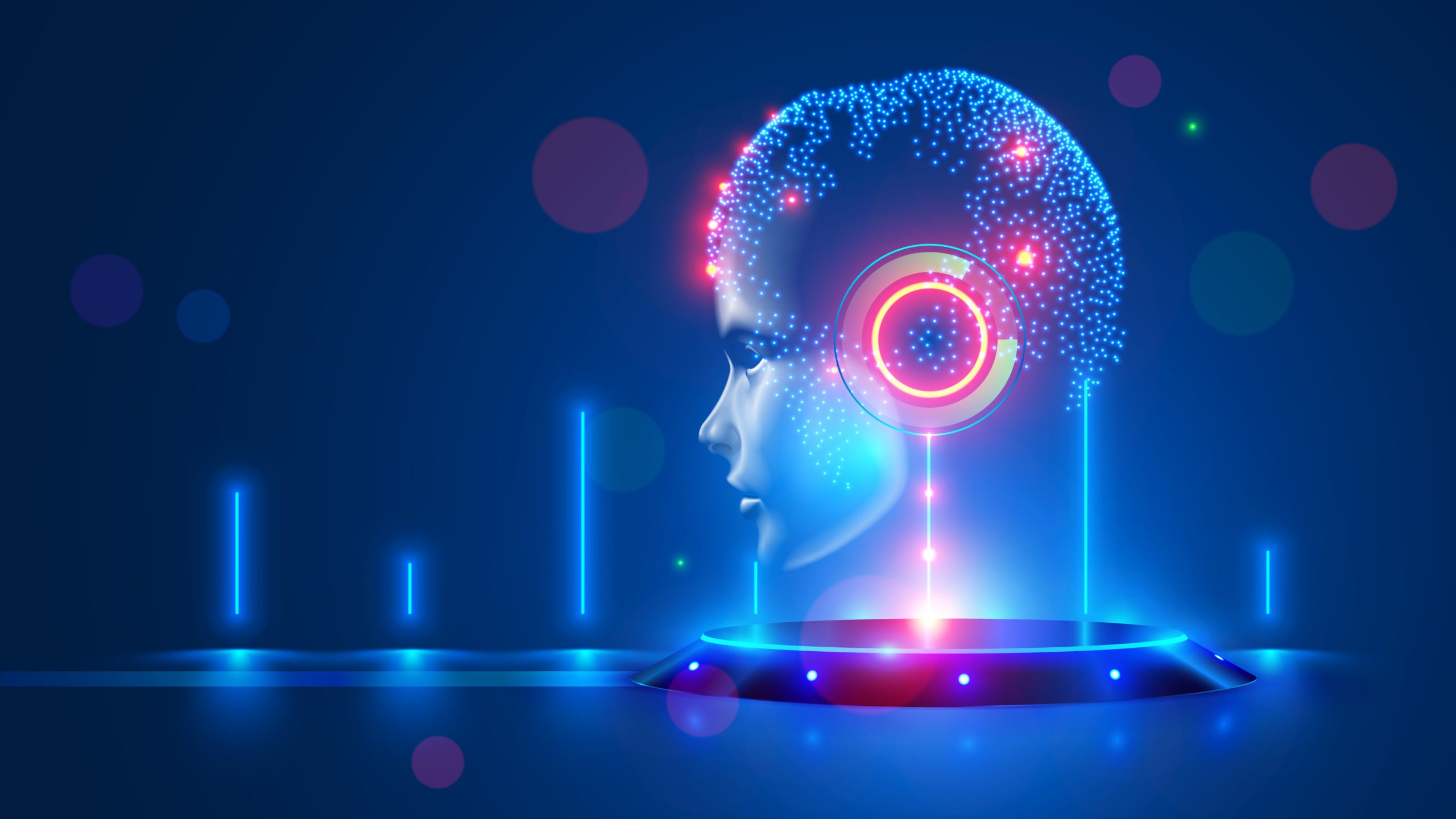
.* AI’s Promise and Pitfalls: Navigating the Future of Human-Machine Interaction.* AI’s Promise and Pitfalls: Navigating the Future of Human-Machine Interaction Artificial Intelligence (AI) has emerged as a transformative technology with immense potential to revolutionize various aspects of human life. However, as we embrace its advancements, it is crucial to navigate its promise and pitfalls for a balanced and responsible future. Promise of AI: * Increased Productivity and Efficiency: AI can automate tasks, freeing up humans to focus on higher-level cognitive activities. * Improved Health Outcomes: AI algorithms can analyze vast amounts of medical data, enabling personalized diagnosis, treatment, and drug discovery. * Enhanced Decision-Making: AI models can process complex information and provide objective insights, supporting better decision-making in industries such as finance and healthcare. * Personalized User Experiences: AI can tailor services to individual preferences, creating more engaging and satisfying interactions. * Scientific Breakthroughs: AI contributes to scientific research by analyzing massive datasets, identifying patterns, and predicting outcomes. Pitfalls of AI: * Job Displacement: As AI automation becomes more sophisticated, it raises concerns about the displacement of human workers. * Bias and Discrimination: AI algorithms can inherit or amplify existing biases in training data, leading to unfair or discriminatory outcomes. * Security and Privacy Risks: AI-powered systems can collect and use sensitive data, raising concerns about privacy, surveillance, and data breaches. * Loss of Human Connection: Excessive reliance on AI may diminish human interaction and creativity, potentially isolating individuals. * Ethical Implications: AI raises ethical questions about accountability, transparency, and the potential for unintended consequences. Navigating the Future: To harness the benefits of AI while mitigating its risks, a responsible approach is required: * Encourage Human-Centered AI: Focus on developing AI systems that enhance human capabilities rather than replacing them. * Promote Bias Mitigation: Implement robust measures to identify and address biases in training data and algorithms. * Establish Ethical Guidelines: Develop and enforce clear ethical principles for AI development and deployment. * Foster Collaboration: Encourage collaboration between AI researchers, industry leaders, and policymakers to address potential challenges. * Invest in Education and Training: Prepare individuals for the evolving job market and equip them with skills to engage with AI responsibly. By navigating the promise and pitfalls of AI judiciously, we can harness its transformative power while safeguarding human values and creating a future where technology empowers rather than diminishes our humanity. It is through a nuanced and responsible approach that we can forge a harmonious coexistence between humans and AI, unlocking its full potential for the benefit of society.
Posted inNews